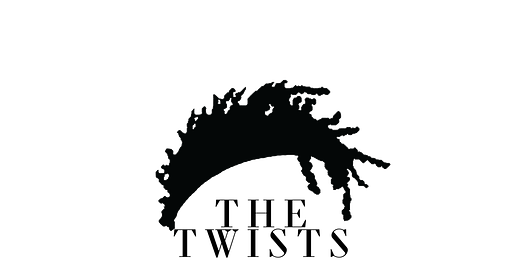My book group, “Literal Trash,” read Jonathan Sacks’ final book, Morality, this summer. It’s a masterful book which is bound to anger everyone at one point or another. The overarching argument of the Morality is that contemporary, Western democracies are fracturing and risk complete breakdown after 100 years of becoming an “me” focused culture and the only way to reverse course is to become a “we” focused culture.
I think Sacks has a profound argument, though I found multiple places of disagreement and think he — as a British Jew — misreads some of the trends of modern American politics.
I have long argued, especially in the church, that we have enacted a way of life opposite of that envisioned in the Scriptures. Where the Bible creates a community, American Christians — for a host of reasons — privatized the experience of faith, opting to make the church more American and democratic than turning America more Christ-like.
Toward the end of Morality, Sacks writes this:
A covenantal politics would emphasize our responsibilities to one another. Depressed areas need to be supported and local communities strengthened. Every individual has to be able to feel that he or she has a chance to fulfill their potential. Ways have to be found to encourage the successful to play their part in developing opportunities for those whom the modern economy has passed by. Covenant does not, in and of itself, suggest a larger or smaller state. It is not on the right or left of politics. It is, rather, a way of thinking about what politics actually represents.
A Covenantal Politics?
Both me and my book group, all Christian men with a bent toward the communal nature of life, faith, and the gospel, unanimously agreed: Sacks’ vision feels impossible.
I get the most confused looks and angered emails when I articulate the communal nature of Christianity. Many people simple don’t believe me. And those who do believe me, don’t want to. We’ve become so immersed in a “me” centered faith, politic, and universe that community — where what one of us does or does not do, who we become or don’t become — actually matters to the rest of us. A world where your sin, on some level, is my business, is anathema, not only in the modern West, but in her church.
We only belong to ourselves, says the contemporary ethos. Yet every day we witness how this orientation to life is simply not working. Relentless self-concern has never and will never produce a common good. We cannot be made to care about the common good, when we don’t care about “common.”
If the urgency of a pandemic like COVID-19 can’t edge us away from the blind, and often mean, partisanship than dismisses and demeans our neighbors and their needs, is there anything compelling enough to move us?
For Sacks, what is at risk is Western, liberal democracies. While that is true, what I fear as the greater loss is are very willingness to care for one another.
What do you think?




